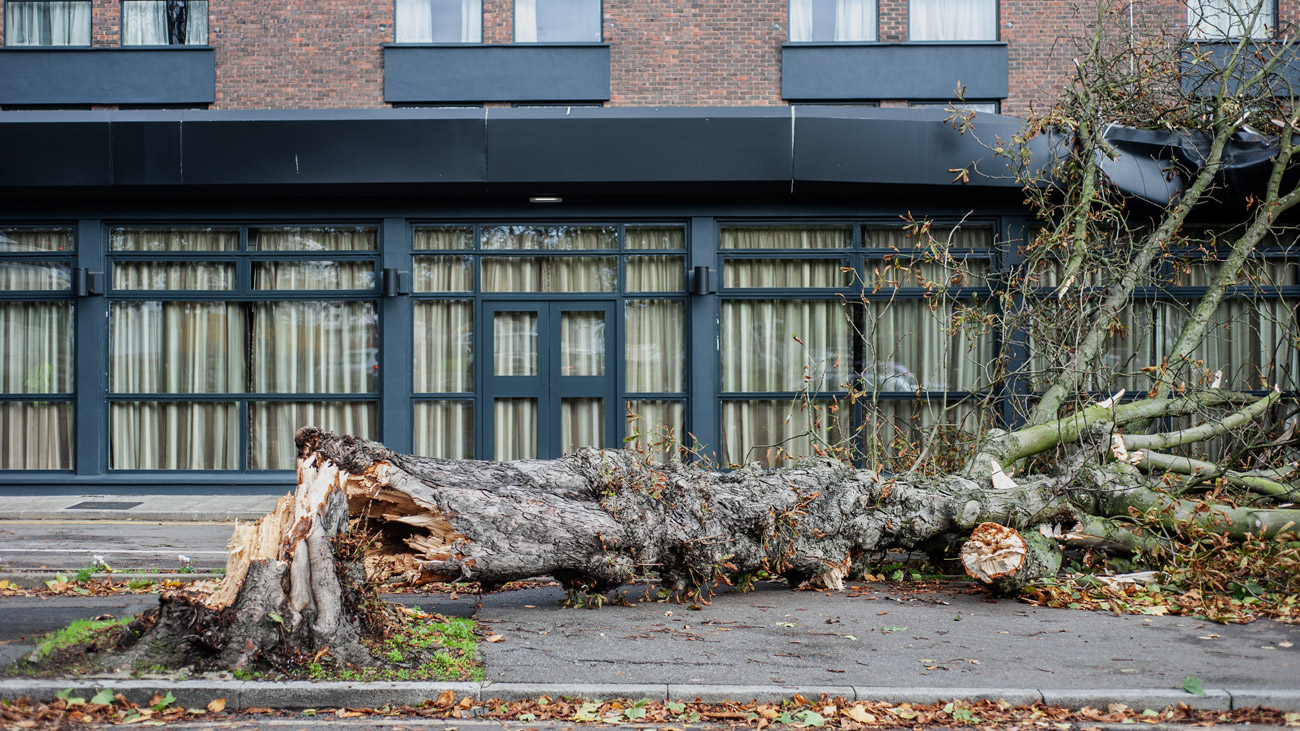
Stormy weather: making alternative working arrangements
Storm Eunice has caused significant travel disruptions across the UK in the last week. Train services were cancelled or suspended in some parts of the country and roads were affected by falling trees, debris and vehicles toppling over. With travel so disrupted, it was impossible for some workers to get to work. As more bad weather is predicted in the coming days, it would be prudent for employers to check their legal position in relation to employees who are unable to get to work and to ensure their policy is well communicated.
Said ACAS Chief Executive, Susan Clews:
"Workers may be concerned about travelling into work and some employers will have concerns about staff absences impacting their productivity and performance.”
ACAS's advice details the following legal considerations:
- There is no automatic legal right for employees to be paid for working time missed due to travel disruption or bad weather.
- Employees have the right to take unpaid time off in an emergency situation that involves a dependent – this can include looking after children because their school has closed due to bad weather.
- If an employee is ready and available to work but their place of work is closed then they will usually be entitled to normal pay.
Rather than employees not being able to work at all during the bad weather, it’s worth considering changing working patterns, allowing staff to work from home or requesting staff to work at another location.
ACAS's top tips for employers on alternative working arrangements include:
- Allow workers to come in a little later than usual if the travel disruption or weather is expected to improve.
- Offer workers who can get into work the opportunity to swap shifts or work overtime.
- Suggest flexible working to allow workers to make up any lost working time or allow workers to take the time off as paid annual leave.
- Consider having a bad weather or travel disruption policy that includes contact arrangements, alternative forms of working and what happens with staff pay if a worker is unable to get into work.
Further guidance on bad weather issues is available here.







